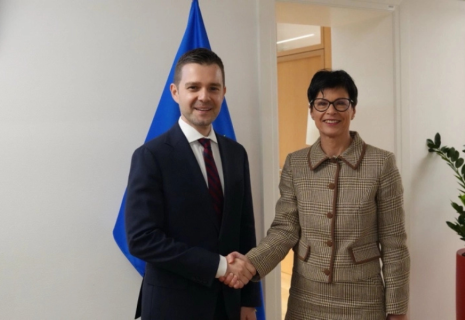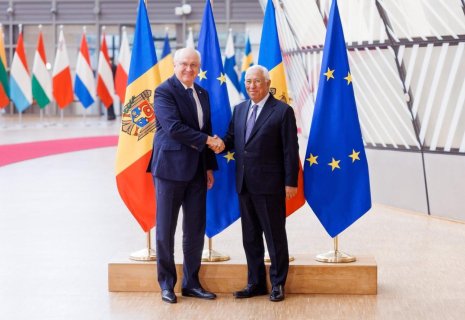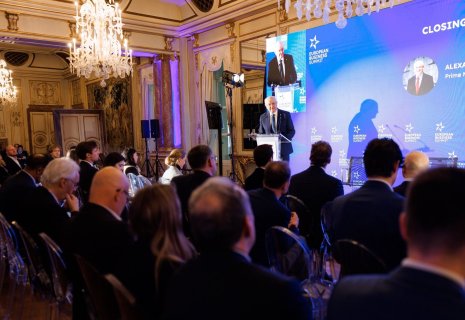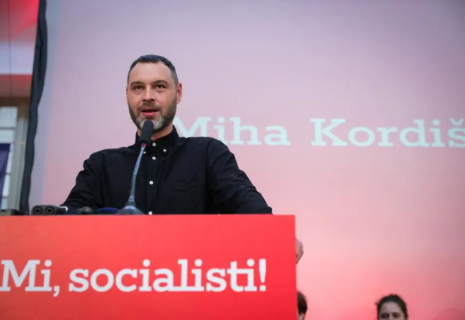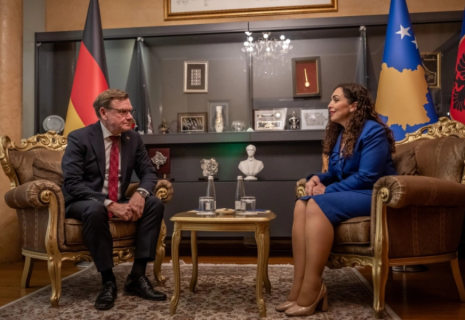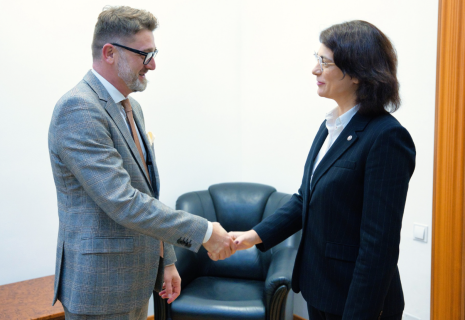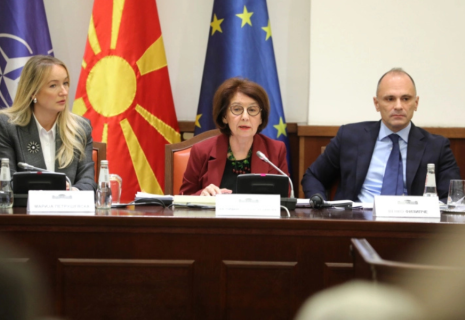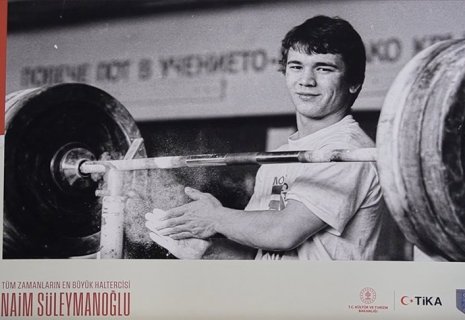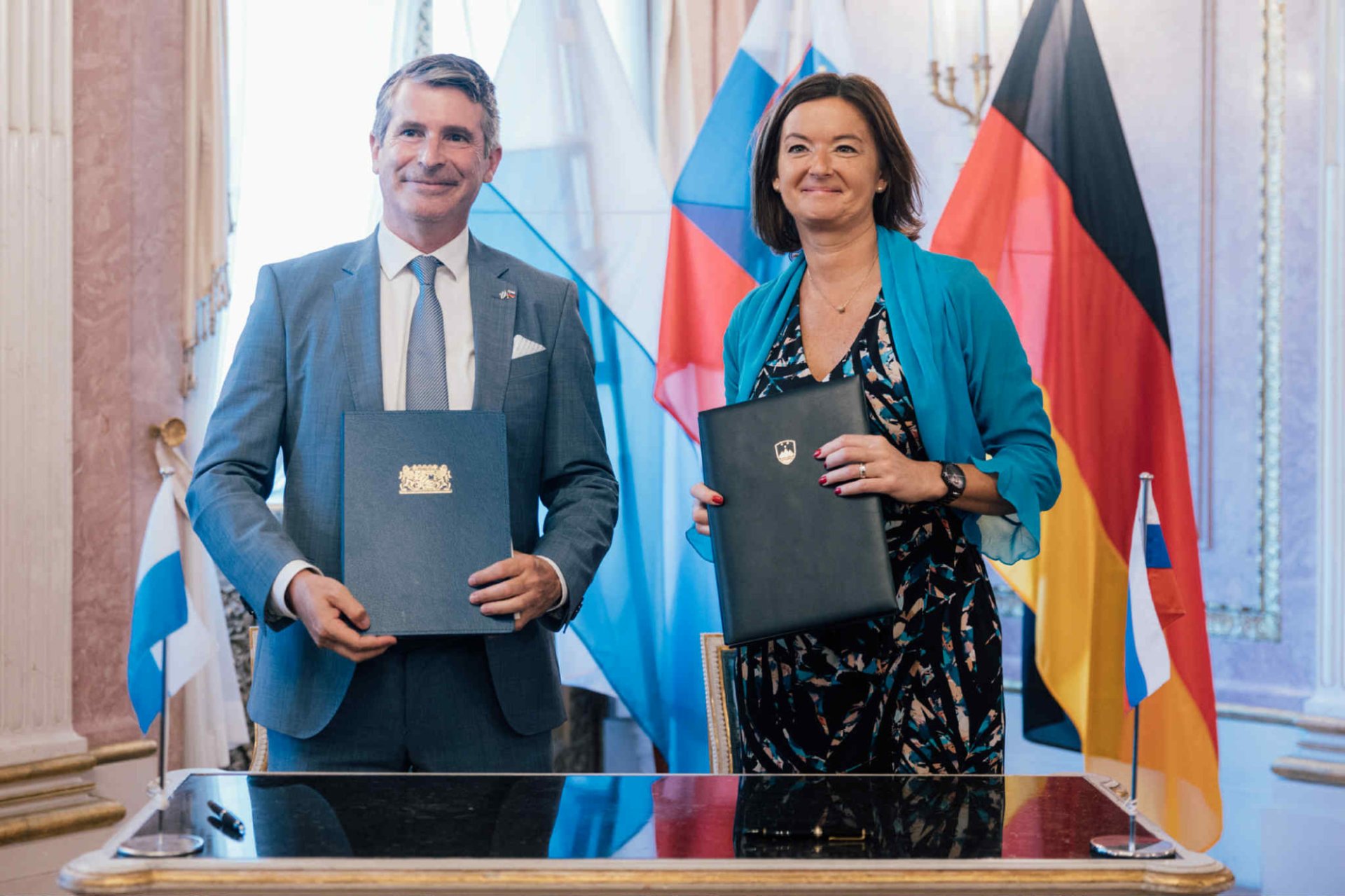
Slovenian MFA outlines priorities with Germany's Bavaria - EXCLUSIVE
CE Report presents an exclusive interview conducted via email with the Ministry of Foreign and European Affairs of the Republic of Slovenia, shedding light on the latest developments in Slovenian-Bavarian cooperation and the priorities for economic, technological, and cultural collaboration between the two regions.
Could you provide details on the specific joint projects currently planned or underway between Slovenia and Bavaria?
On 3 November 2025, the Bavarian State Minister for European and International Affairs, Eric Beißwenger, visited Slovenia with the aim of further strengthening political and economic cooperation between Slovenia and the German Free State of Bavaria. The visit followed his meeting with the Slovenian Minister of Foreign and European Affairs, Tanja Fajon, in Munich on 30 June 2025, during the 34th session of the Permanent Slovenian-Bavarian Mixed Commission.
The meeting in Munich and the 34th session of the Commission took place as part of the Year of Slovenian-Bavarian Cooperation, to mark the Commission’s 50th anniversary. Established in 1975, the Commission represents the oldest form of cooperation at international level for Slovenia.
During the visit, Ministers Fajon and Beißwenger signed a joint declaration aimed at further strengthening cooperation and promoting direct dialogue between the political representatives of Slovenia and Bavaria.
At the session, Slovenian and Bavarian representatives agreed on 52 projects to be carried out across various areas of mutual interest over the next two years. These projects span a wide range of sectors, including the economy, public administration, police, justice, education, culture, science, agriculture, forestry and environmental protection.
Particular recognition was given to the excellent cooperation between the German Heart Centre Munich and the Pediatric Clinic at the University Medical Centre Ljubljana in the field of cardiac surgery. The agreement signed between the two institutions during the Commission’s session will further enhance their professional collaboration, beginning with the First Slovenian Congress of Paediatric Cardiology and Cardiac Surgery – SRČEK 2025 – scheduled to take place in Ljubljana on 14–15 November 2025.
Another key project during the Year of Slovenian-Bavarian Cooperation is the exhibition Slovenian Modernism and Dachau, jointly organised by the Dachau Gallery and the National Gallery of Slovenia. It will be on display in Dachau from 28 November 2025 to 12 April 2026, marking the first presentation of Slovenian impressionists in Germany in several decades.
During her meeting with Minister Beißwenger on 3 November 2025, Minister Fajon underlined that the Commission’s 50th anniversary provided an excellent opportunity to strengthen relations and expand cooperation into new areas, including the automotive industry, future technologies, space, artificial intelligence, start-ups and innovation.
The Ministers also discussed ways to intensify regional cooperation between Slovenia and Bavaria within the frameworks of the Alpine and Danube macro-regional strategies, and exchanged views on current European issues. Their talks focused on the Western Balkans, EU enlargement and migration.
Minister Beißwenger later met with the Slovenian Minister of the Economy, Tourism and Sport, Matjaž Han, as well as with representatives of Slovenian companies operating in the defence, aviation, space technology and advanced materials sectors.
What sectors are being prioritized for increased Bavarian investment in Slovenia?
Economic cooperation between Slovenia and Bavaria has traditionally been excellent. Among all German federal states, Bavaria is Slovenia’s most important partner, accounting for around one fifth of Slovenian exports to Germany. The two economies are closely interconnected, particularly within the automotive industry. Slovenian companies also play a significant role in the supply chains of both Germany and the state of Bavaria. Bavaria is among Slovenia’s key foreign investors. We would like to see further investment, particularly in high-value-added industries, which Slovenia promotes through financial incentives and tax relief for research and development.
Looking ahead, we aim to strengthen cooperation in areas aligned with current trends in green and digital transitions and technological progress. Priority sectors include the automotive industry and sustainable mobility; the development of advanced defence technologies such as autonomous systems, unmanned aerial vehicles and dual-use technologies; the space industry; artificial intelligence; biotechnology; innovation and the start-up ecosystem.
Small and medium-sized enterprises (SMEs) are the backbone of both economies and play a crucial role as drivers of innovation and job creation. They also form an important pillar of bilateral cooperation. Slovenia remains an attractive investment destination, offering a stable business environment, a highly skilled workforce, modern infrastructure and an exceptional geostrategic location – all of which are well recognised by foreign investors.
The Port of Koper also plays a major role, enabling Bavarian companies to reach their final destinations eight days earlier than they would via the North Sea ports.
Are there any new agreements or memoranda signed during this meeting?
No new agreements or memoranda were signed on this occasion. The talks focused primarily on strengthening existing cooperation and exploring new opportunities for joint projects.
How will Slovenia and Bavaria facilitate business and innovation collaboration for small and medium-sized enterprises (SMEs)?
One of the key areas of bilateral cooperation is the promotion of innovation and entrepreneurship. Slovenia seeks to deepen its cooperation with Bavaria by supporting innovative SMEs, exchanging best practice between technology parks and encouraging companies to participate in joint European projects – particularly in the fields of digitalisation, the green transition and the development of advanced products.
SMEs account for 99.8 percent of all Slovenian enterprises, employ almost 70 percent of the active working population, and generate around 65 per cent of total revenue. They are the backbone of the Slovenian economy. The state promotes their growth and internationalisation through the Slovene Enterprise Fund, SID Bank, SPIRIT Slovenia Business Development Agency and the Ministry of the Economy, Tourism and Sport, which provide access to financial incentives, development projects, digital tools, training and support for entering foreign markets.
Support for SMEs is based on the Small Business Act for Europe, the EU’s main policy framework for promoting entrepreneurship and competitiveness. Slovenia and Bavaria share the common objective of creating a connected, innovative and resilient business environment that fosters growth and cooperation among enterprises of all sizes.
Are there any follow-up meetings or timelines for implementing the outcomes of this discussion?
Meetings between Slovenia and Bavaria take place regularly and at all levels. The visit provided an opportunity to further strengthen economic cooperation, as demonstrated by Minister Beißwenger’s talks with Minister Matjaž Han, meetings with Slovenian business representatives and a visit to the Valhalla company. The Bavarian State Minister’s visit marked an important milestone in reviewing achievements to date and identifying future improvements, with the goal of facilitating business activities for companies on both sides.
Such meetings will continue to be held in the future. Prime Minister Dr Robert Golob has already invited Bavarian Minister-President Dr Markus Söder to pay an official visit to Slovenia. All this provides a valuable opportunity to strengthen the economic partnership, promote concrete joint projects and foster closer ties between Slovenia and Bavaria.
During these meetings, the progress of agreed initiatives is regularly reviewed, implementation assessed and new ideas and approaches for deepening cooperation jointly explored. The success of this partnership rests on mutual trust, open communication and an understanding of the needs of both economies – and these remain the strongest guarantees of continued joint success.
Photo: Government website of Slovenia
This interview was prepared by Julian Müller

